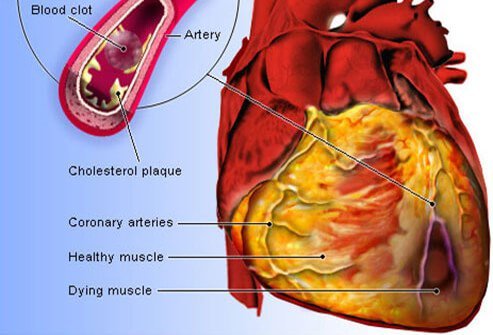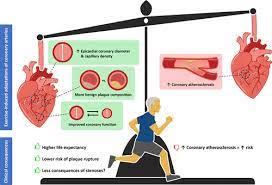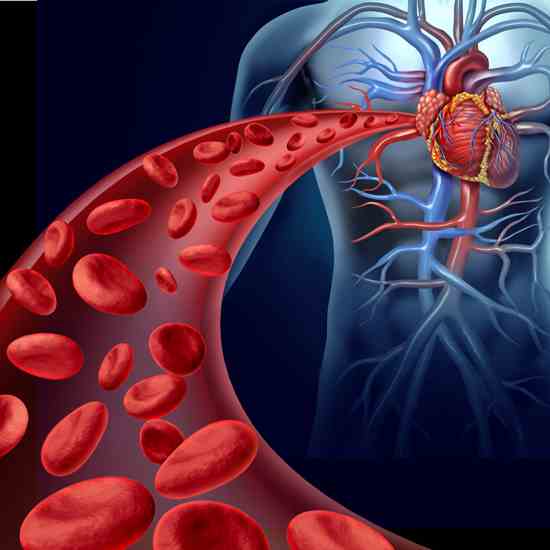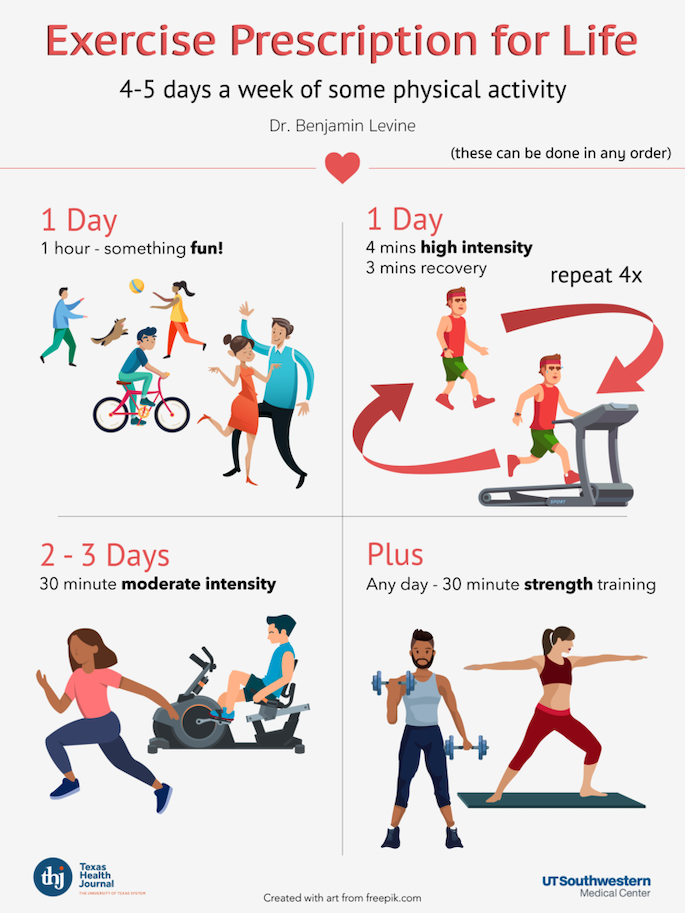Heart disease, sometimes called cardiovascular disease, is the leading cause of death in the United States. The most common type of heart disease is coronary artery disease. The coronary arteries supply blood containing oxygen to the heart muscle. Plaque buildup in the walls of these arteries causes obstruction and decreases blood flow to the heart muscle. This is known as coronary artery disease. A complete blockage in a coronary artery results in a heart attack.
Controllable Risk Factors
Risk factors for heart disease that you can control include:
- Smoking
- Smoking is the most important risk factor to change. For help quitting, visit nkch.org/Quit, or call 800.QUIT.NOW (800.784.8669), a free service.
- Abnormal fat and cholesterol levels
- Alcohol and or drug use
- Diabetes
- High blood pressure
- Lack of exercise
- Obesity
- Sleep apnea and other sleep disorders
- Stress and/or depression
The more risk factors for heart disease you have, the more likely you are to develop coronary artery disease. You can prevent or treat many forms of heart disease by making healthy lifestyle choices.
Exercise Helps
Exercise helps reduce many controllable risk factors. It can:
- Counteract the hormones that cause stress and/or depression
- Help you lose weight and maintain weight loss
- Lower your bad cholesterol
- Lower your blood pressure
- Lower blood sugar, which is extremely important if you have diabetes
- Raise your good cholesterol
- Reduce inflammation
Exercise is also the absolute best way to increase your circulation. There are two types of exercise that can lower your risk of coronary artery disease: cardiovascular exercise and resistance training. Remember: Start all exercise slowly and increase it until you meet your goals.
Cardiovascular Exercise
Cardiovascular exercise increases the number of blood vessels. It relies on the big muscles in your legs to help you exert yourself. Aim for 30 minutes of uninterrupted cardio exercise a day, at least five days a week.
Examples of cardiovascular exercise
- Aerobics
- Biking
- Dancing
- Swimming
- Walking
Resistance Training
Resistance training increases the size of blood vessels. Add some resistance training to your exercise routine twice a week.
Examples of resistance training
- Bench press
- Pushups
- Rowing
- Sit-ups
- Squats
- Weightlifting
Exercise Tips
- If you have physical limitations, consider low-impact aerobics or chair exercises
- If bearing weight on your joints causes discomfort, try water exercise
It offers a wide range of land and water classes for every fitness level. Our fitness trainers know how to safely modify their exercises to help you meet your fitness goals.












